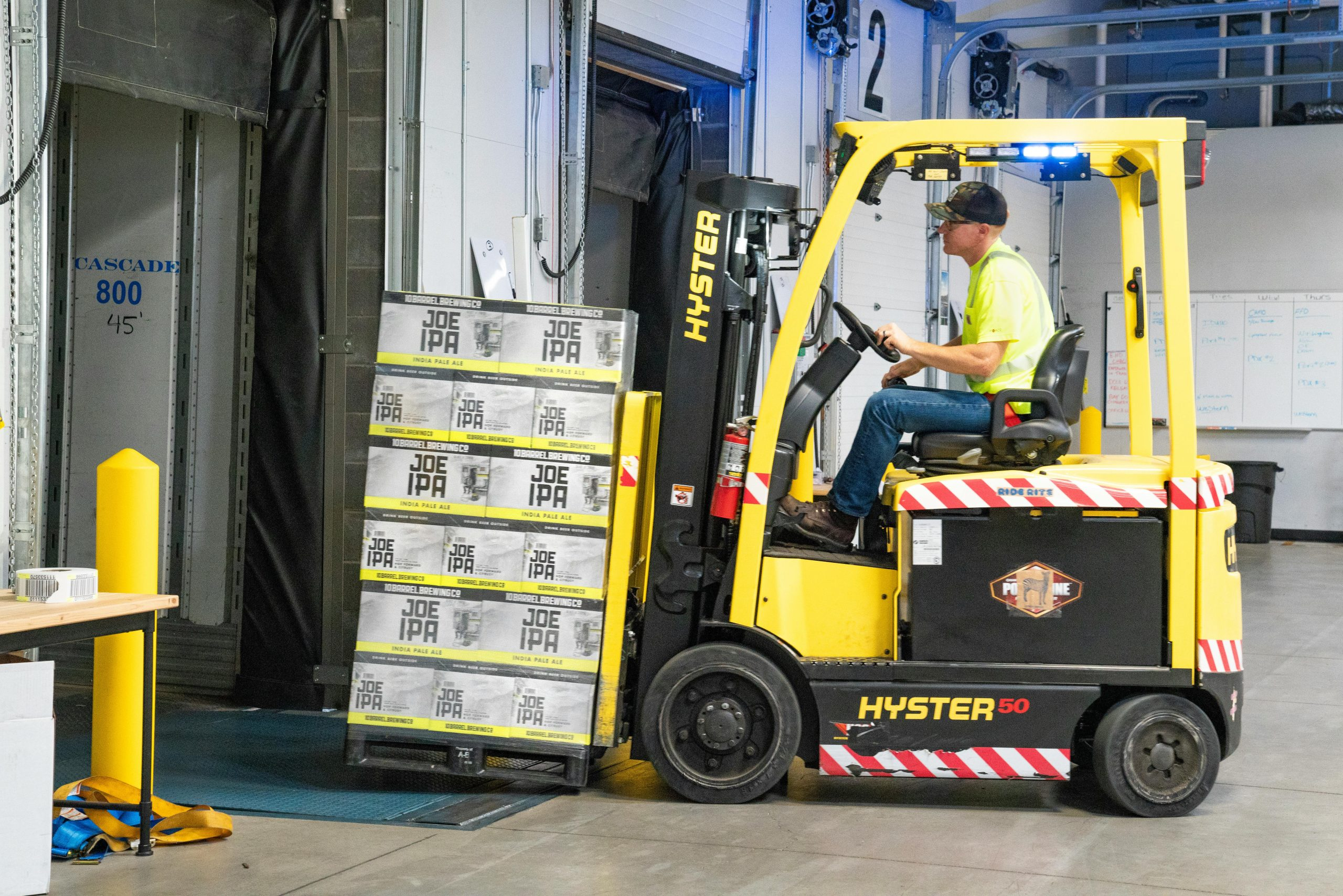Ethical supply chains demanding full business transparency
In today’s consumer-driven world, ethical supply chains have become a top priority for businesses of all sizes. With increased awareness and demand for transparency, companies are facing pressure to ensure that their supply chains are not only efficient and cost-effective but also ethical. Gone are the days when basic quality and price standards were enough; now, consumers are looking for companies that prioritize fair labor practices, environmental responsibility, and overall social impact. As a result, businesses are now facing the challenge of implementing full transparency in their supply chains to meet the rising demand for ethical products and services.
The Importance of Ethical Supply Chains
Ethical supply chains are crucial for businesses in today’s market for several reasons. First and foremost, they align with the values of the ever-evolving modern consumer. In a survey conducted by Nielsen, it was found that 66% of consumers are willing to pay more for products and services from companies that are committed to positive social and environmental impact. This means that by establishing ethical supply chains, businesses can attract a larger customer base and gain a competitive advantage.
In addition to consumer demand, ethical supply chains also contribute to the overall sustainability of a business. By ensuring ethical sourcing and practices, companies can reduce the risk of negative publicity, costly lawsuits, or supply chain disruptions. This, in turn, can improve a company’s reputation and protect its bottom line.
Full Transparency: What Does It Mean?
When we talk about full transparency, it means disclosing all information related to a company’s supply chain, from sourcing raw materials to manufacturing, and distribution. This includes information on suppliers, working conditions, environmental impact, and any other relevant data. By being completely transparent, businesses allow consumers to make informed decisions about the products they purchase, and ultimately, build trust and credibility with their customers.
The Impact of Technology
The advancement of technology has played a significant role in driving the demand for full transparency in supply chains. With the rise of social media and online information, consumers now have access to all kinds of information about a company’s practices. This has created a need for businesses to be more transparent and accountable for their actions, especially in their supply chains.
In addition, technology has also enabled companies to better track their supply chains and gather data to share with consumers. With the help of blockchain technology, for example, companies can track the journey of their products from start to finish, ensuring that they are ethically sourced and produced.
Challenges in Achieving Full Transparency
While the benefits of implementing full transparency in supply chains are clear, it is not without its challenges. One of the biggest challenges businesses face is the complexity of supply chains. With multiple suppliers and manufacturers involved in the process, it can be challenging to track and disclose all information accurately.
In addition, there may be resistance from suppliers who are not used to such levels of transparency. They may be hesitant to share sensitive information or make changes to their practices to meet ethical standards.
The Way Forward
Despite these challenges, the demand for ethical supply chains and full transparency will only continue to grow. Companies must take action to address these issues and work towards building more ethical and transparent supply chains.
One way to do this is by collaborating with suppliers and stakeholders to establish clear guidelines and standards for ethical practices. This ensures that everyone involved in the supply chain is on the same page and working towards a common goal.
Moreover, businesses can also invest in technology and tools that help track and monitor their supply chains, making it easier to gather and share information with consumers.
Conclusion
Ethical supply chains are becoming increasingly critical for businesses to establish credibility, attract customers, and remain competitive. With the rise of consumer awareness and technological advancements, the demand for full transparency in supply chains will only continue to grow. By proactively addressing these challenges and prioritizing ethical practices, companies can build trust with their customers and create a more sustainable future for all.










